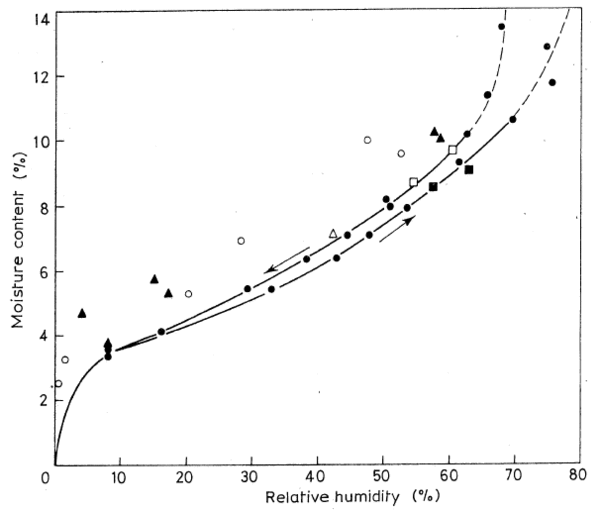I am still here, been busy lately though.
Got some pics. I was only able to buy 100 rhizomes this year. Got them from a local company, Gorst Valley Hops. Dan from Gorst has posted on this thread.
Since I am a one man show so to speak, I have had to come up with some alternative methods. I am sure these methods will meet with some skepticism, but , without help, this is the way I have to do things.
I dont have a tractor or plow to use, but I did have acess to a bobcat and a post hole digger. I was able to secure a large amount of composted woodchips and manure. SO the plan: Drill holes where I want to plant, fill with organic compost and plant the rhizomes, errect trellis after planting.
I used a 24" post hole digging auger, and ran it down about 36". Here is a pic of the rows.
I am sure there are some who may not like my spacing, row width, ect, but I am keeping it compact for a reason: this isnt my land and I may need to move some day. I want everything close and compact.
Here is a pic of the hole:
Here is a pic of the filled and planted holes:
Still ironing out water distribution, the soaker hoses are temporary. I am going to go with drip irrigation. Putting it together in between planting/drilling. This isnt large scale so I can water them by hand, but its a tedious affair right now.
The more I plant the more I learn. I am sure I will modify my processes as time goes on.
As far as expenses go, I've got about $400 into rhizomes, compost and materials.
Trellis poles are industrial painted steel and were free. I have 8 of them, more than enough for the time being. My Dad has a good chunk of wooded land, and I spied numerous 30' + tall pine trees about 8" in diameter he says I can have for future poles. I've got plenty of twine, cable and rope for the trellis.
I've got 75 rhizomes in right now: 50 Cascade, and 25 Willamette, with 25 perle and 10 Centennial left to plant.
Gorst Valley hops had a great price on rhizomes if you bought them in batches of 100. Most of my communication with them was through email.....communication was a bit sporadic at times, but they came through and got me what I needed. All the rhizomes seem viable and in good health. I will buy from them next spring as well.
http://www.gorstvalleyhops.com/










































![Craft A Brew - Safale S-04 Dry Yeast - Fermentis - English Ale Dry Yeast - For English and American Ales and Hard Apple Ciders - Ingredients for Home Brewing - Beer Making Supplies - [1 Pack]](https://m.media-amazon.com/images/I/41fVGNh6JfL._SL500_.jpg)

















